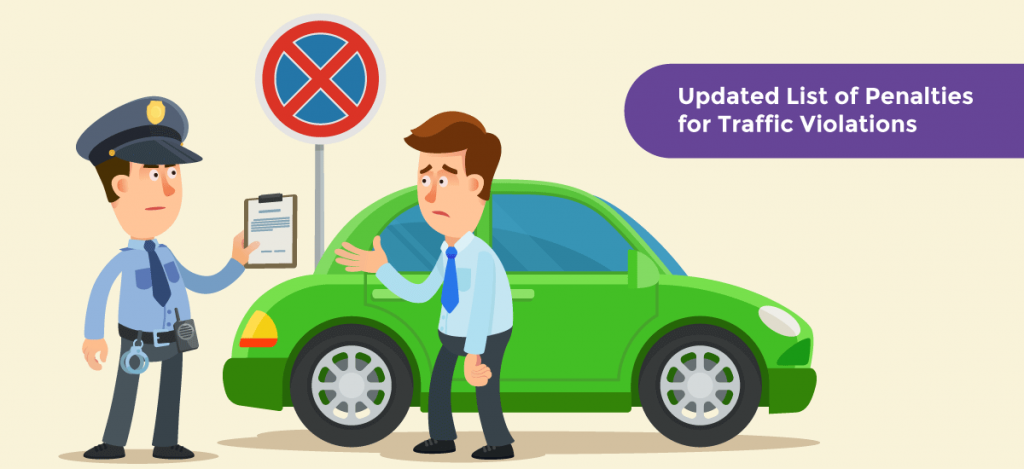
Sam Peltzman is Professor Emeritus at the Booth School of Business, University of Chicago. Professor Peltzman’s research has focused on issues related to the interface between the public sector and private sector economy. His published work includes numerous articles in academic journals. His theory ‘the Peltzman Effect’ has become famous in which he states that people are more likely to engage in risky behaviour when security measures have been mandated. This is because people think they will escape the ill effects. The Peltzman Effect became well-known for Sam Peltzman’s supposition about mandating the use of seatbelts in automobiles, which people refuse to wear.
For example, efforts to curtail smoking by raising state cigarette taxes have been met by smokers increasing use of cigarettes with elevated levels of tar and nicotine. Smoking is a major risk factor for infections like pneumonia, heart attacks, strokes, chronic obstructive pulmonary disease. Educated people who can read the risks printed on cigarette packets smoke it more.
Why do we people break rules? Is it because of our poor civic sense? We carry a chalta hai attitude with us always. We break primary traffic enforcement laws such as not wearing the seatbelt while driving, talking on cell phone while driving, parking car in crowded market area discomforting others, following signals haphazardly stopping behind lines thinking we are smart and won’t get caught. We are sloppy or distracted when we like to challenge the authority thinking who is he to tell me?
We are so absurd in our thinking. Most of us think we are honest, we follow rules majority of times, when we litter the roads we feel it’s ok to do it just once/twice, when we break speed limits we feel it’s ok to do just once or twice. We even tell lies to our kid’s teacher in school for not completion of homework, when child reaches late to school we tell some cooked story which the child observes.
Psychologists have found that rule-breaking makes people feel powerful, smart, and inventive. When we break the rules we feel like a macho man/woman. Last year from March lockdowns and social distancing measures introduced around the world to try and curb the Covid-19 pandemic are reshaping our lives. Legislating activities that were once everyday freedoms are creating new social norms. Despite mask mandates across several states and recommendation from the Ministry of Health and Family Welfare (MoHFW) as a life-saving gesture, many individuals choose not to wear masks in public. They are least bothered about themselves and others. When the rule says to curb social gatherings, we see people enjoying parties. In the markets, on roads we see people rooming without masks and not maintaining social distancing.
We know that breaking rules cannot be justified. No excuse is good enough. No violation of the law is legitimate. You follow rules because it is the ethical thing to do. Being law-abiding reduces chaos and ensures safety.
But there are always some people who don’t play by the rules. In countries where rule-breaking is a phenomenon, those countries have never flourished. Behavioural scientists say corona virus cases are surging by cultural, demographic and psychological factors that can make the rule-breakers seem more selfish and dangerous.
When our perception of risk reduces, we usually adapt our behaviour by taking higher risks. When lawmakers make laws to make environment safer, people try to shrug away from laws wanting to take chance with situations thinking they can move ahead without being harmed. The Peltzman Effect helps the behavioural scientists in seeing how much people value safety over other benefits.












































